"While the world is focusing on large raw material areas and large fields, there are still many small-scale producers in Vietnam, so it is necessary to strengthen the capacity of cooperatives, thereby strengthening the capacity of small-scale farmers," said Mr. Le Quoc Thanh - Director of the National Agricultural Extension Center at the 2nd Joint Coordination Board meeting of the Project "Strengthening the value chain of safe crops in the northern provinces of Vietnam" held on the afternoon of March 5.
The project is being implemented in 7 provinces and cities, including Hanoi, Hung Yen, Ha Nam, Nam Dinh, Bac Ninh, Hai Duong, Son La. After 2 years of implementation, with a new approach, focusing on building value chains, improving capacity for cooperatives, agricultural extension officers and participants, the project has achieved many remarkable results.
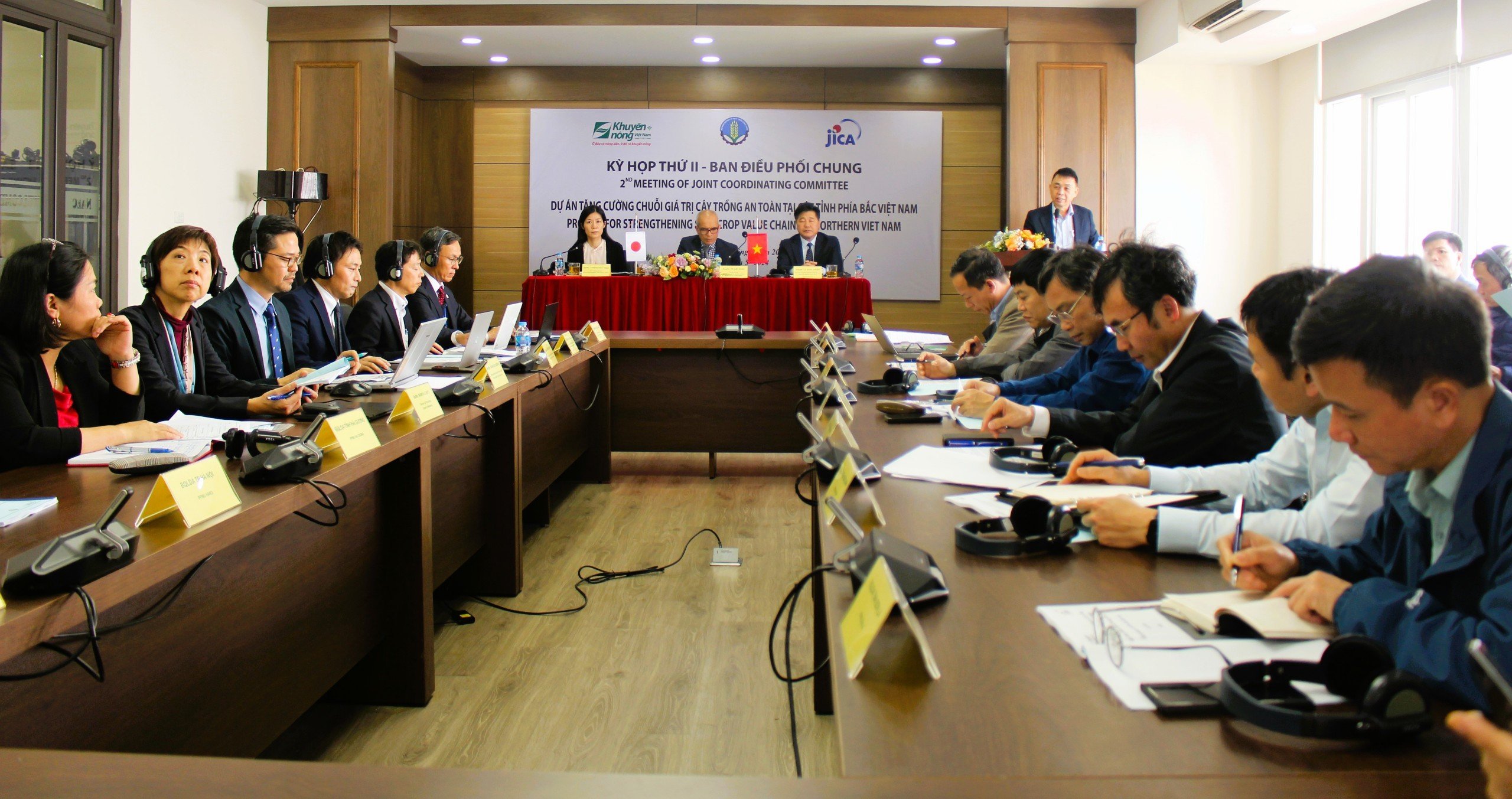
Members of the Joint Coordination Board of the Project "Strengthening the value chain of safe crops in the northern provinces of Vietnam" attended the second meeting held on the afternoon of March 5. Photo: PT
Mr. Le Quoc Thanh said that the actual inspection of the project implemented in the provinces showed that it was very successful, for example, the cooperatives in Bac Ninh, Hai Duong, Nam Dinh, and then Hanoi. When small producers cooperate with each other to form cooperatives, produce well together, and build good product brands, economic efficiency also increases.
"We highly appreciate the support of JICA experts in the 7 project provinces. This is an extremely important resource when promoting the fruit and vegetable value chain, turning small producers into large producers through cooperatives. That is why the Agricultural Extension Center must train people in business skills, market access, with smart and easy-to-understand documents. In particular, Japanese experts often go to the fields, sharing and guiding farmers enthusiastically and closely. That is also a success of the project" - Mr. Thanh expressed.
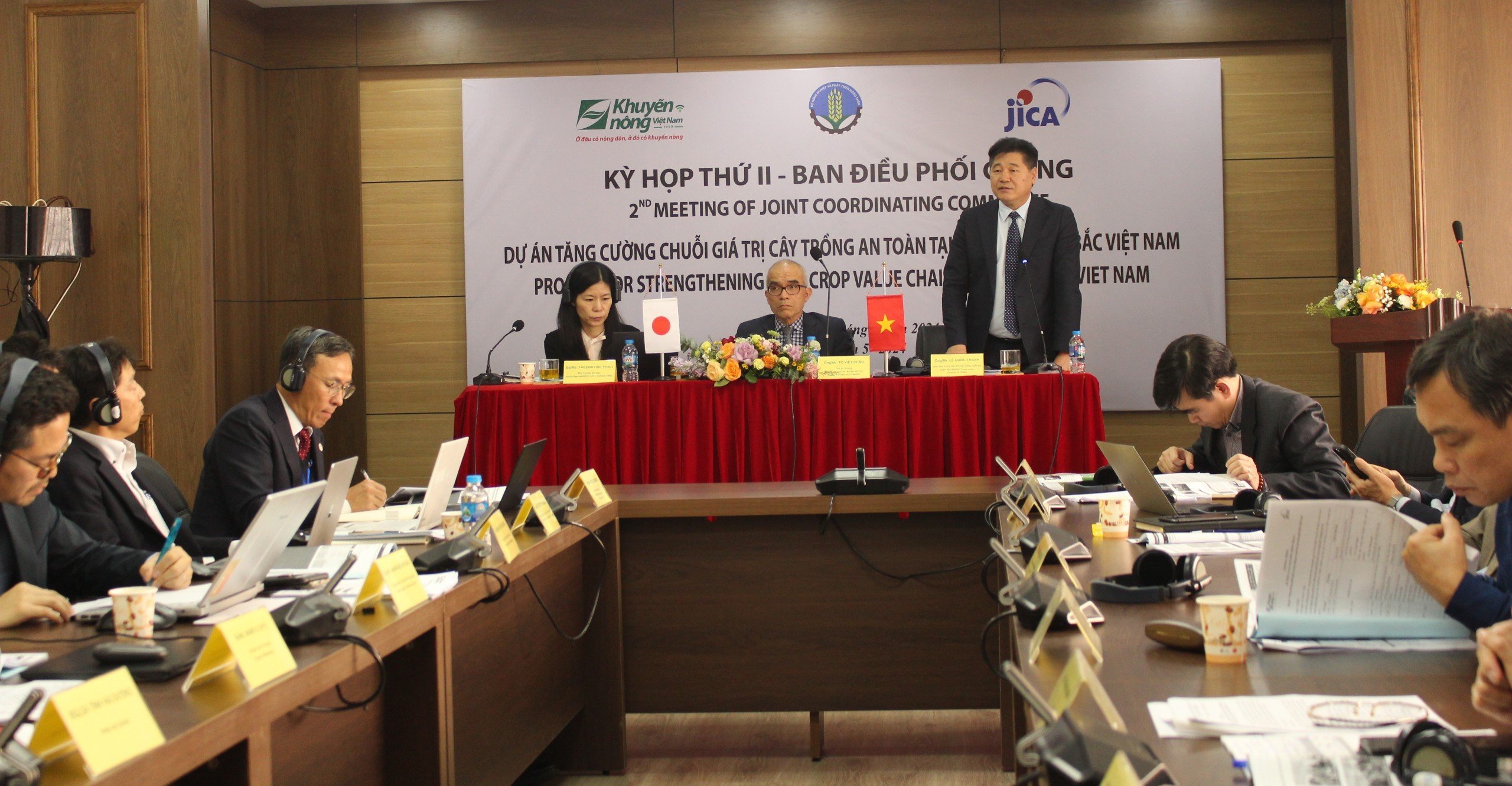
Mr. Le Quoc Thanh - Director of the National Agricultural Extension Center spoke at the 2nd Joint Coordination Board meeting.
For example, at Nam Cuong Cooperative (Nam Cuong Commune, Y Yen District, Nam Dinh Province), for the first time, cooperative members applied a special technique for potato plants guided by Japanese experts, which is to sterilize the soil with solar energy without incurring much additional cost.
First, the soil is loosened, fertilized, and raised as usual. Then a transparent plastic sheet is covered over the bed, under the influence of sunlight, the temperature in the soil will increase from 40 - 60 degrees Celsius. After at least 22 days of maintaining such a high temperature, the soil will no longer have worms, harmful eggs and larvae, and even grass sprouts and seeds will be destroyed. When farmers cultivate, pests and weeds are greatly reduced compared to unsterilized soil.
Video: Safe vegetable and fruit production process at Nam Cuong Cooperative (Y Yen district, Nam Dinh). Source: Project to strengthen the value chain of safe crops in the northern provinces of Vietnam.
Mr. Ta Huu Minh, member of the Board of Directors of Nam Cuong Agricultural Production and Service Cooperative (Yen Cuong Commune, Y Yen District, Nam Dinh) said that during the winter crop cultivation this year, the potato plants grew very well and produced more tubers than the undisinfected fields. Not only potatoes but also other vegetables, pests and diseases have also decreased significantly, thereby helping the cooperative reduce the amount of fertilizers, pesticides, etc.
Safe vegetable and fruit products of Nam Cuong Cooperative meet the standards for supplying clean food chain of Nam Dinh province, with average output of over 100 tons per year.
"The model shows sustainability by creating peace of mind for all three parties: Farmers feel secure when protecting the health of the soil, distributors feel secure when providing quality products to the market, and consumers also feel secure when their health is protected thanks to safe, quality products" - said a representative of Nam Cuong Cooperative.
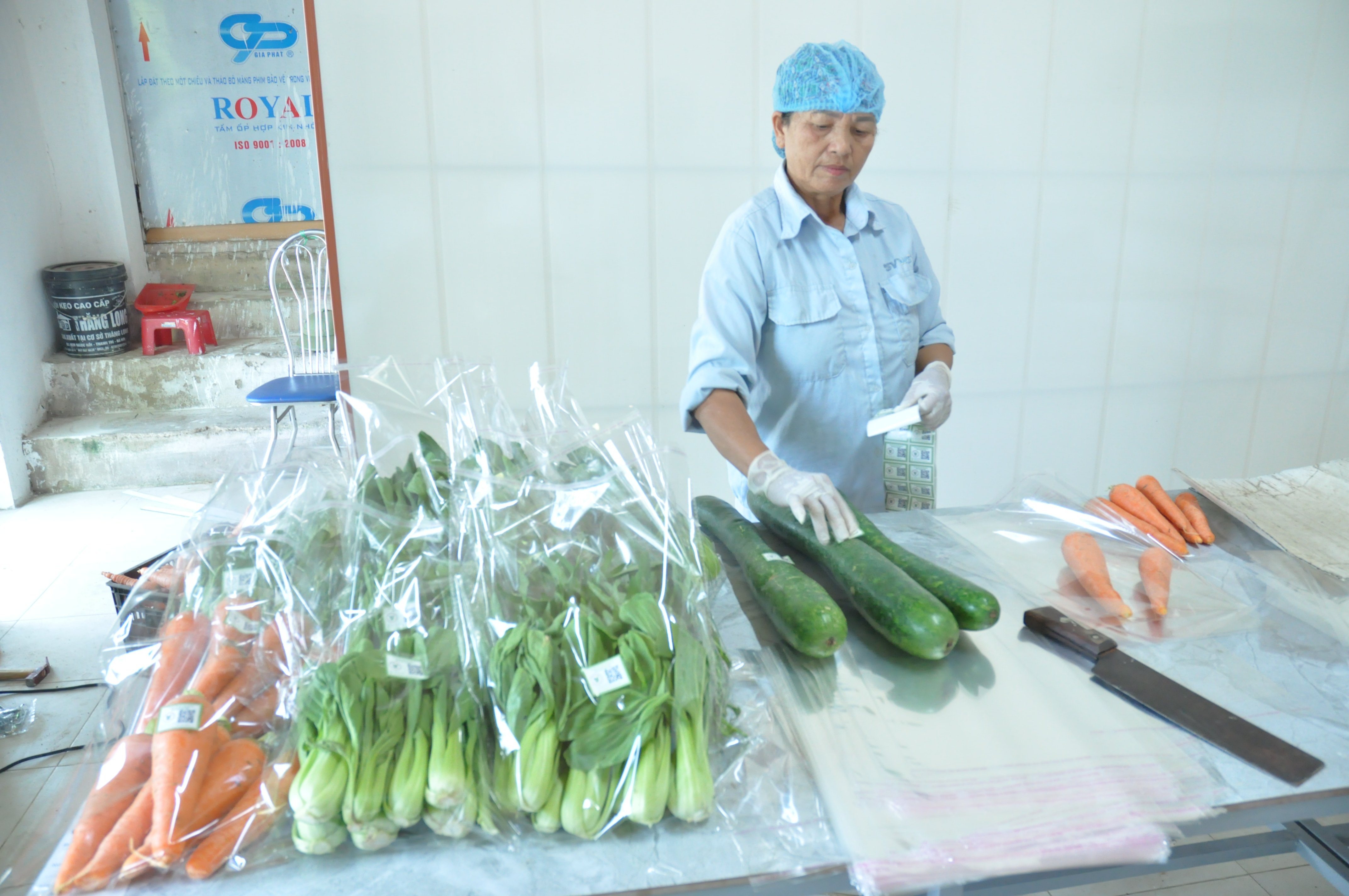
Processing and packaging vegetables and fruits at Nam Cuong Cooperative (Y Yen district, Nam Dinh province). Photo: yyen.gov.vn
Meanwhile, a representative of the Hai Duong Provincial Agricultural Extension Center said that with the support of the Central Project Management Board and JICA experts, the province has selected 3 target agricultural cooperatives to replicate in 2024, including Nam Vu Clean Agriculture Cooperative (Lien Mac Commune, Thanh Ha District), Au Viet Fram Cooperative (Kim Xuyen Commune, Kim Thanh District), and Sen Fram Agricultural Cooperative (Thai Tan Commune, Nam Sach District).
Before implementation, cooperatives were provided with training materials on safe crop extension, followed by TOF training courses on marketing, basic GAP processes in production, capacity building in market research and production planning based on market demand...
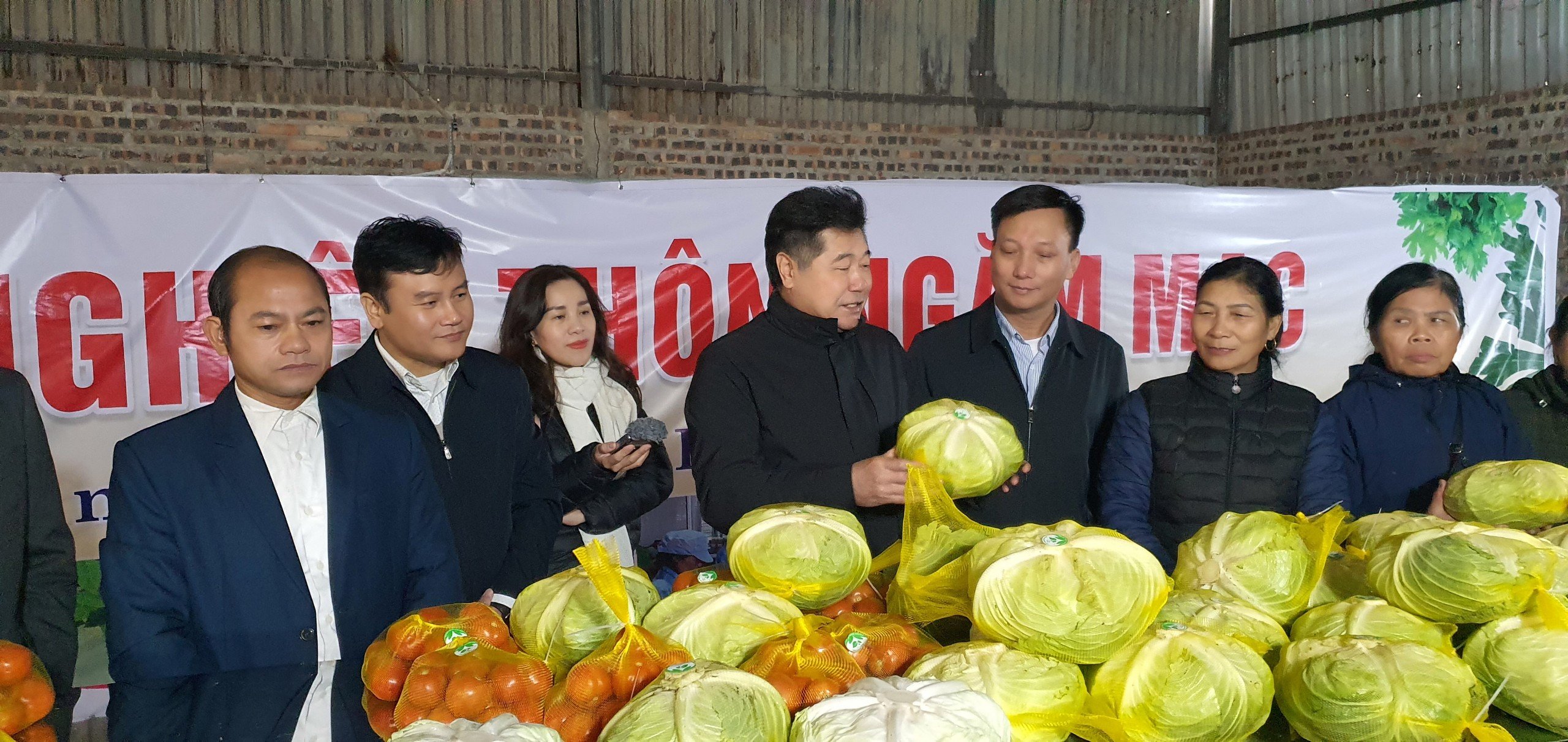
Bach Dang Clean Agricultural Products Production and Trading Cooperative, Bach Dang Commune, Kinh Mon Town (Hai Duong) is cultivating 30 hectares of red-fleshed dragon fruit and linking production with farmers for more than 60 hectares, with crops such as black grapes, peony grapes, cucumbers, etc. Photo: PT
Ms. Tran Thi Hai - Director of Hai Duong Agricultural Extension Center, Deputy Head of JICA Project Management Board said that the project has organized study tours between target cooperatives on demonstration models, deployed technical measures to provide field guidance for cooperatives to apply basic GAP; conducted internal monitoring and inspection of pesticide residues on GAP products such as kohlrabi, cabbage, carrots, tomatoes, etc.
In particular, for the first time, agricultural extension officers in Hai Duong were sent to attend a training course in Japan to learn and understand how the Japanese promote safe crops; Japan's experiences in agricultural extension, cooperative models in linking production and consumption of agricultural products; issues of food safety management in Japan..., on that basis, agricultural extension officers have built action plans and implemented projects more appropriately and effectively.
In 2024, based on the project's objectives and policies, the JICA expert team proposed to select support, improve capacity and agricultural value chains for 21 cooperatives among the cooperatives that have certificates of food safety qualified facilities (with or without VietGAP certificates) and currently only sell products in the local market (traditional markets), and at the same time want to develop access to modern markets.
In addition, the Project's approach to supporting cooperatives will be based on the principle of reducing financial costs according to the roadmap. Specifically, in 2023, 100% of the Project costs will be supported, in 2024, 50% will be supported, and in 2025, no financial support will be provided, only technical support will be provided.
Source


![[Photo] President Luong Cuong and King Philippe of Belgium visit Thang Long Imperial Citadel](https://vstatic.vietnam.vn/vietnam/resource/IMAGE/2025/4/1/cb080a6652f84a1291edc3d2ee50f631)


![[Photo] Prime Minister Pham Minh Chinh meets with King Philippe of Belgium](https://vstatic.vietnam.vn/vietnam/resource/IMAGE/2025/4/1/be2f9ad3b17843b9b8f8dee6f2d227e7)
![[Photo] Close-up of Vietnam's sniffer dog team searching for earthquake victims in Myanmar](https://vstatic.vietnam.vn/vietnam/resource/IMAGE/2025/4/1/d4949a0510ba40af93a15359b5450df2)
![[Photo] General Secretary To Lam receives King Philippe of Belgium](https://vstatic.vietnam.vn/vietnam/resource/IMAGE/2025/4/1/e5963137a0c9428dabb93bdb34b86d7c)
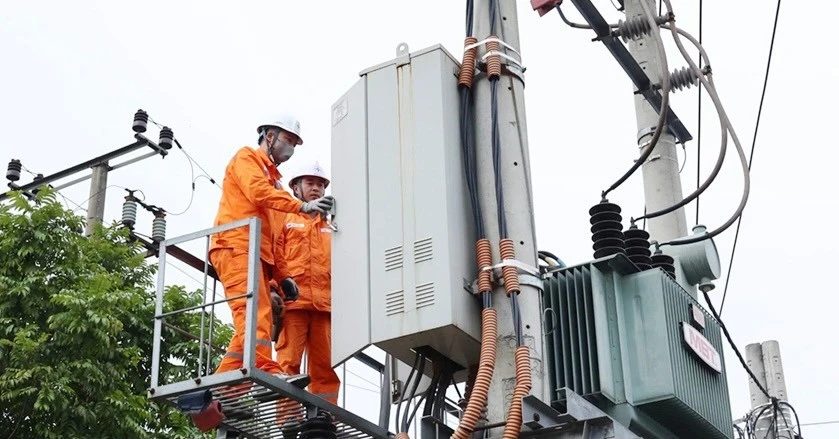

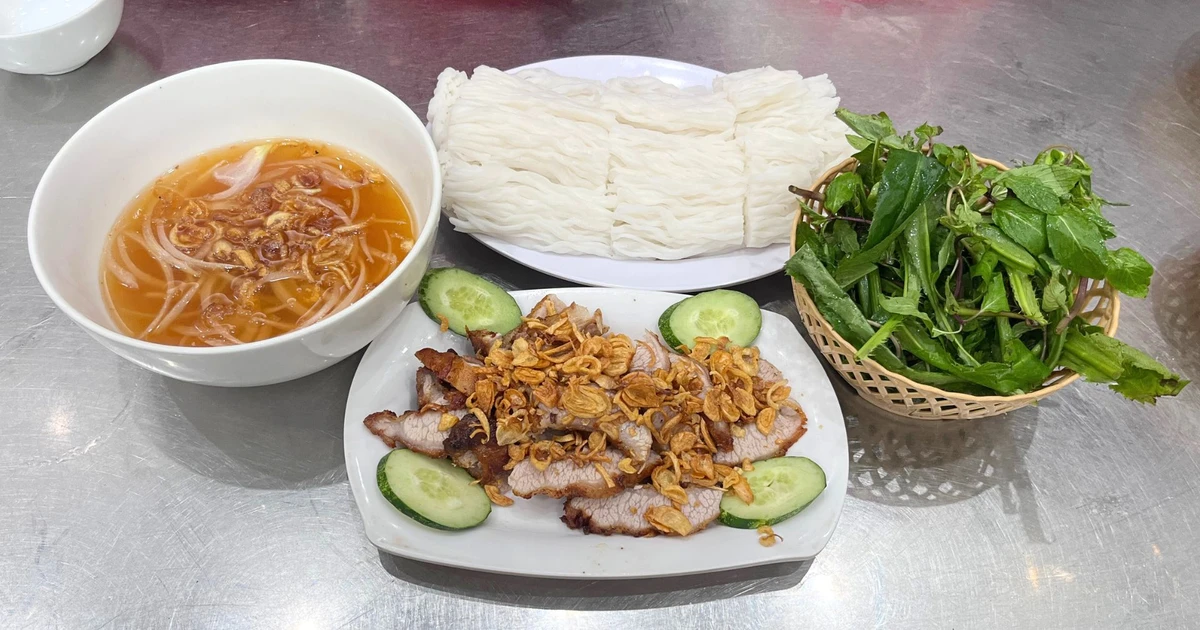

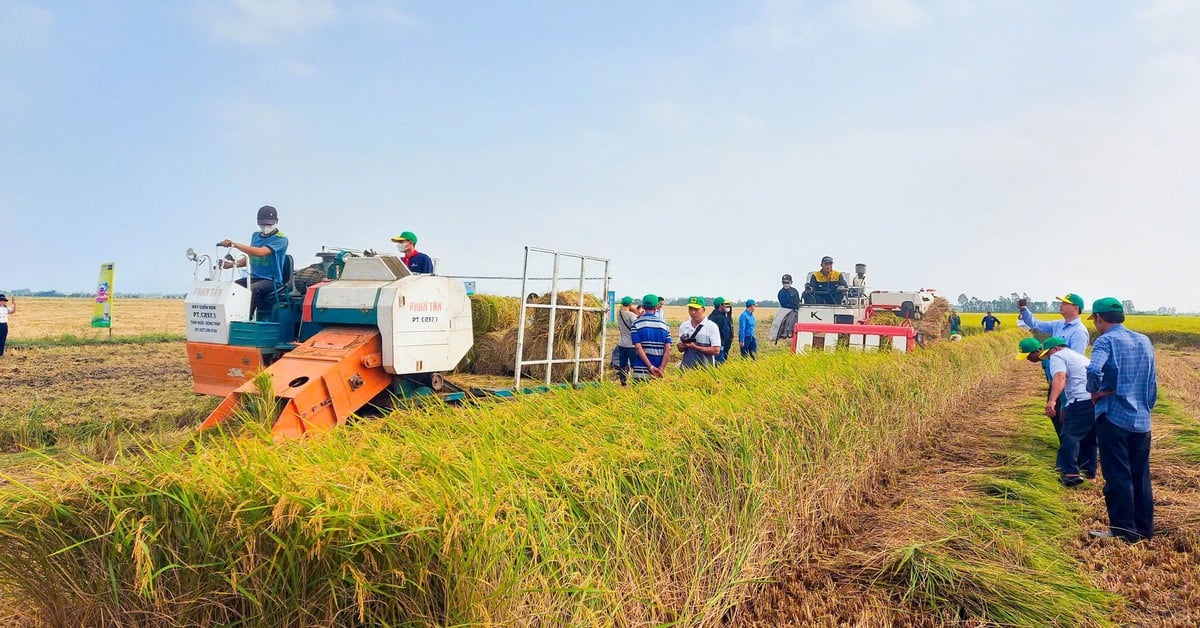

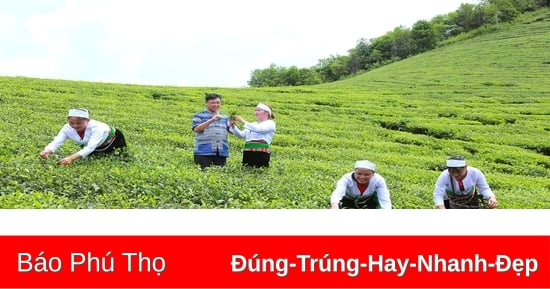

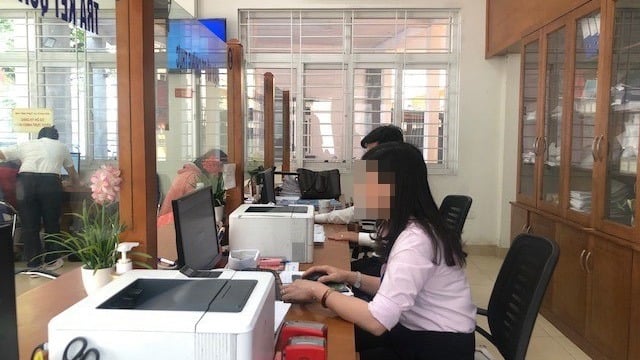

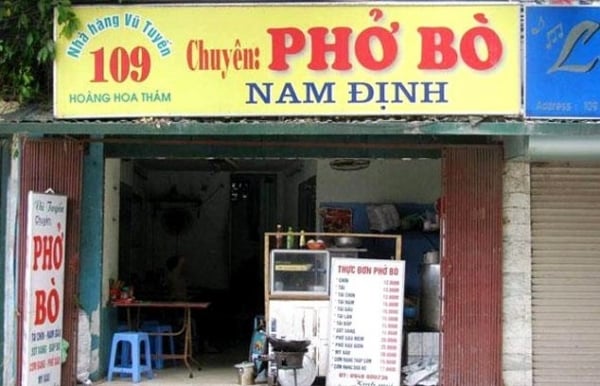

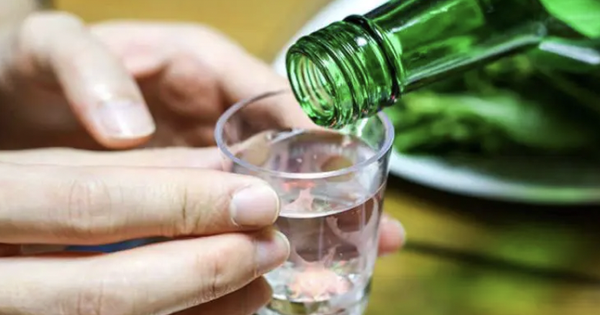

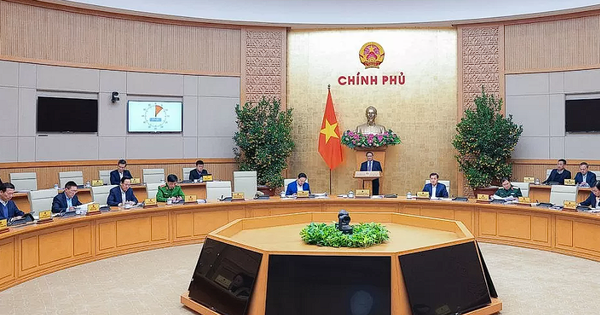


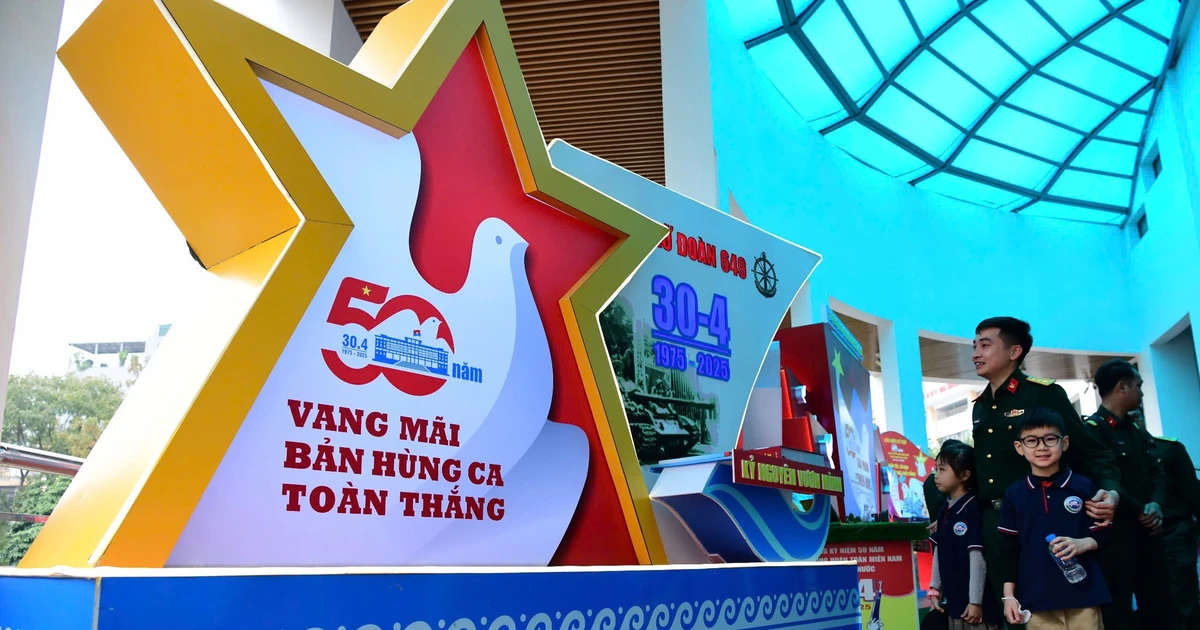






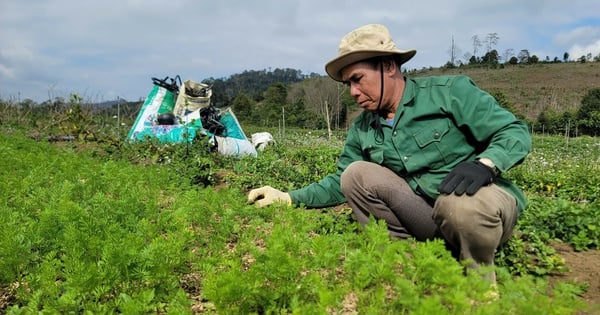
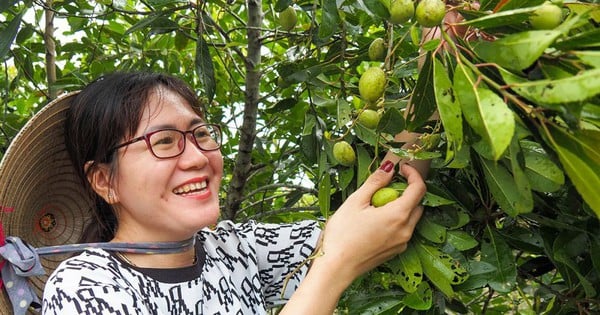
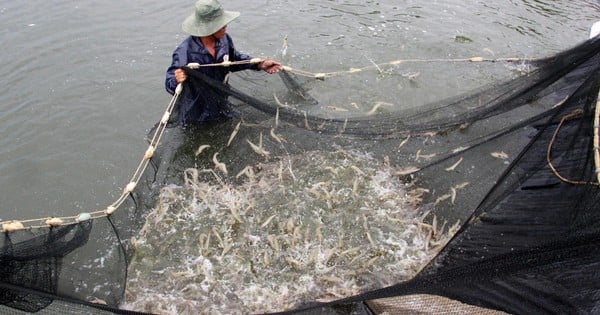
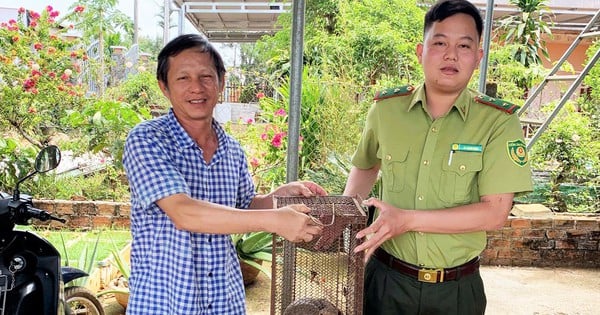
![[Photo] Myanmar's capital in disarray after the great earthquake](https://vstatic.vietnam.vn/vietnam/resource/IMAGE/2025/4/1/7719e43b61ba40f3ac17f5c3c1f03720)








































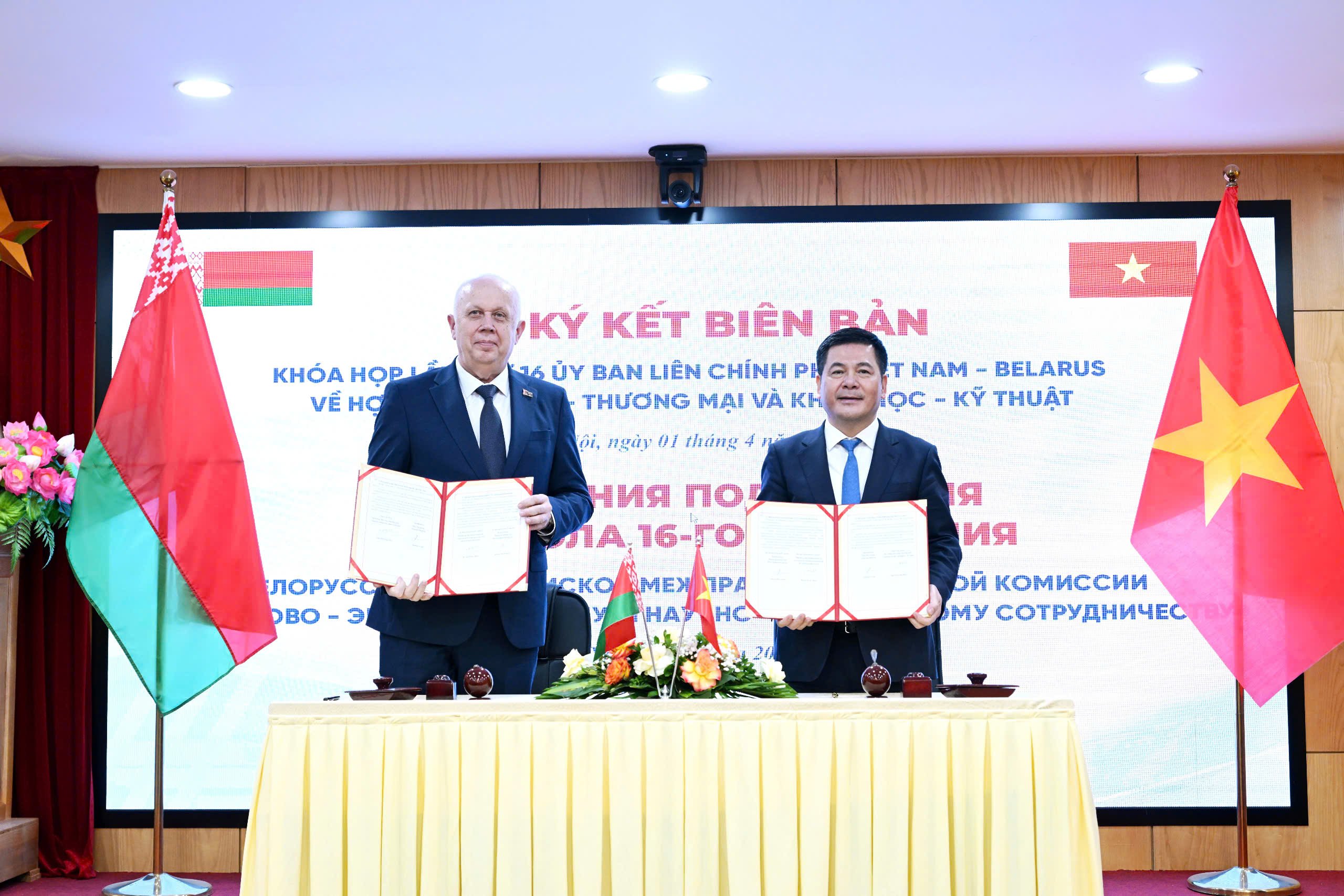
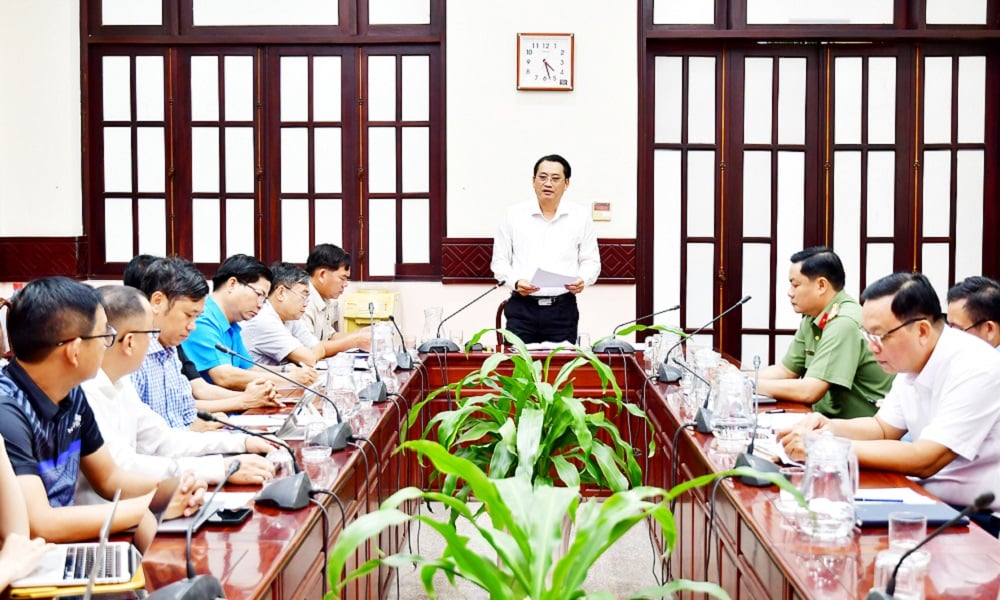

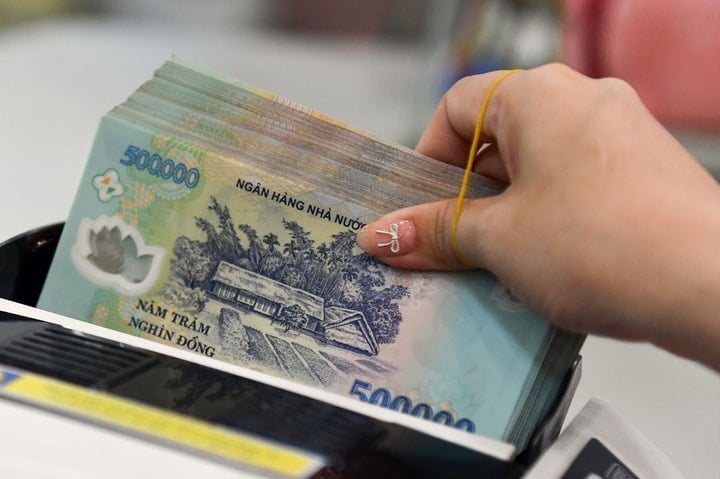

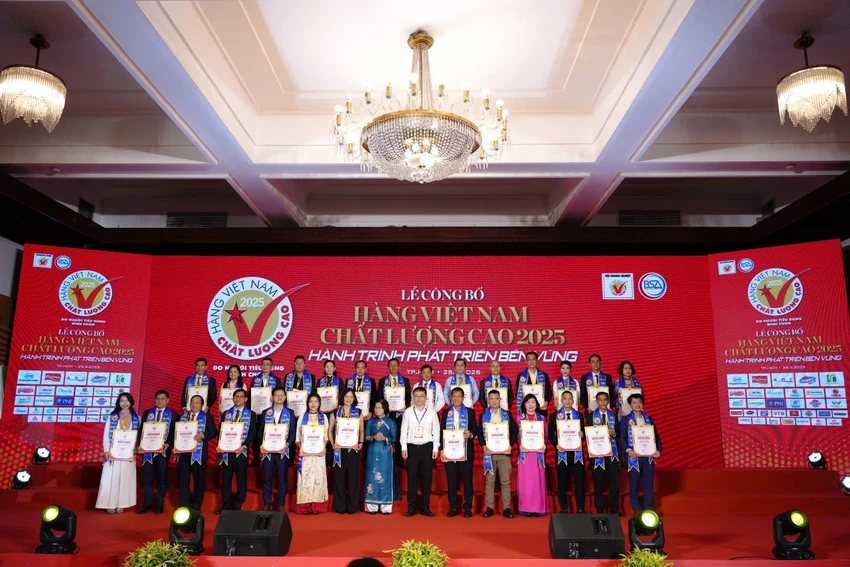

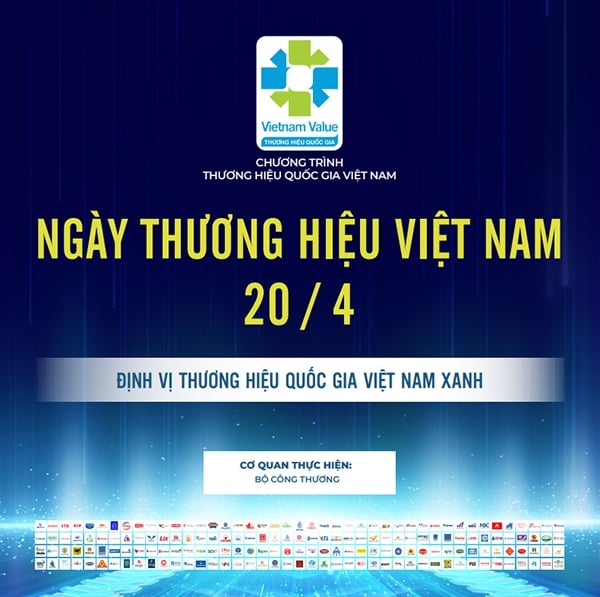
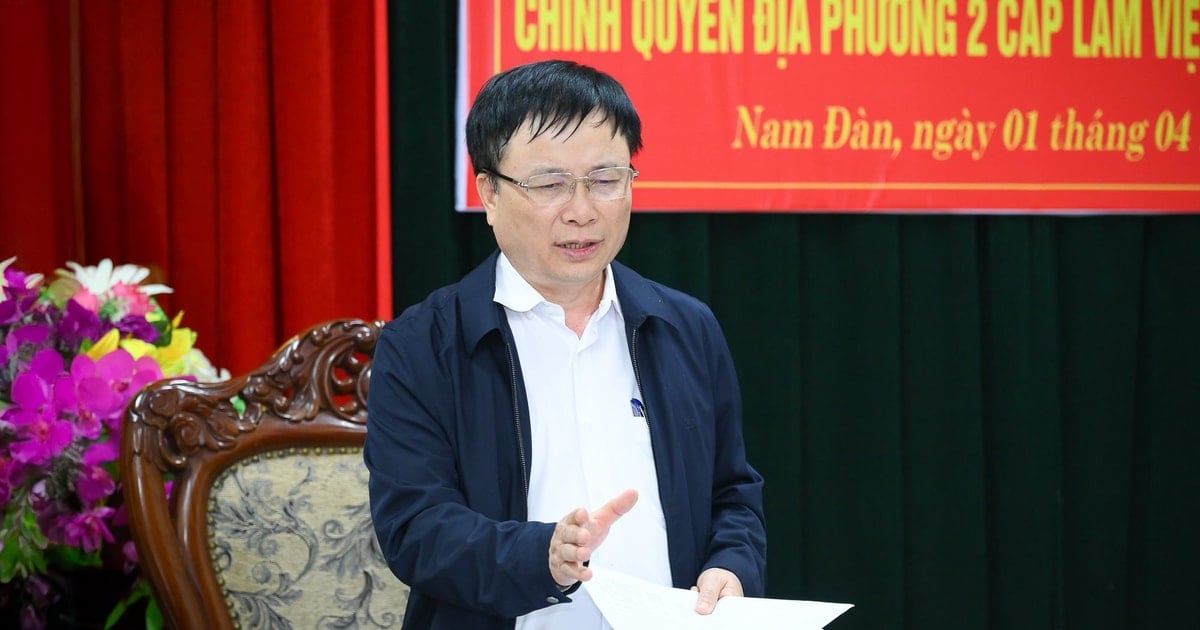










Comment (0)